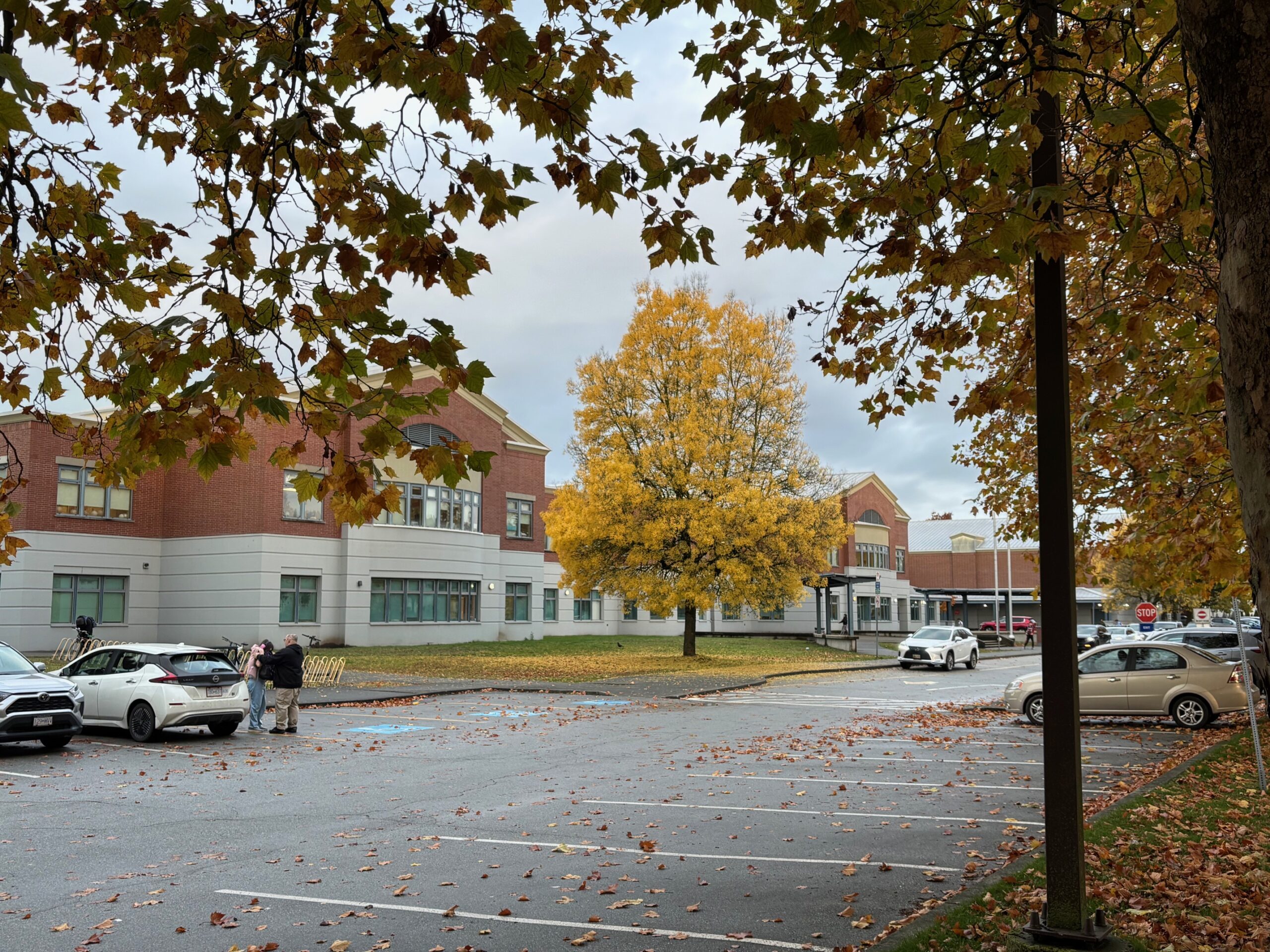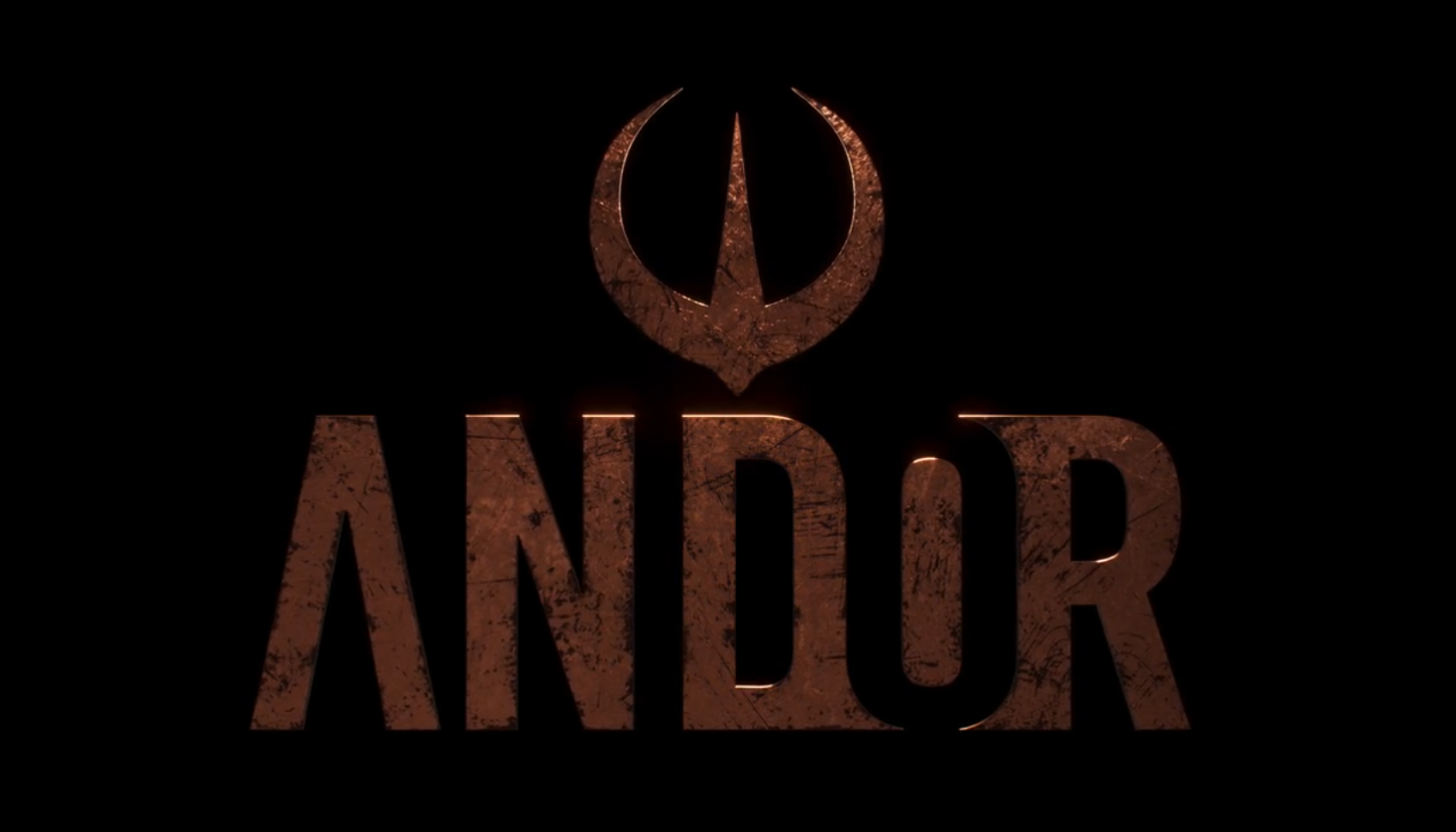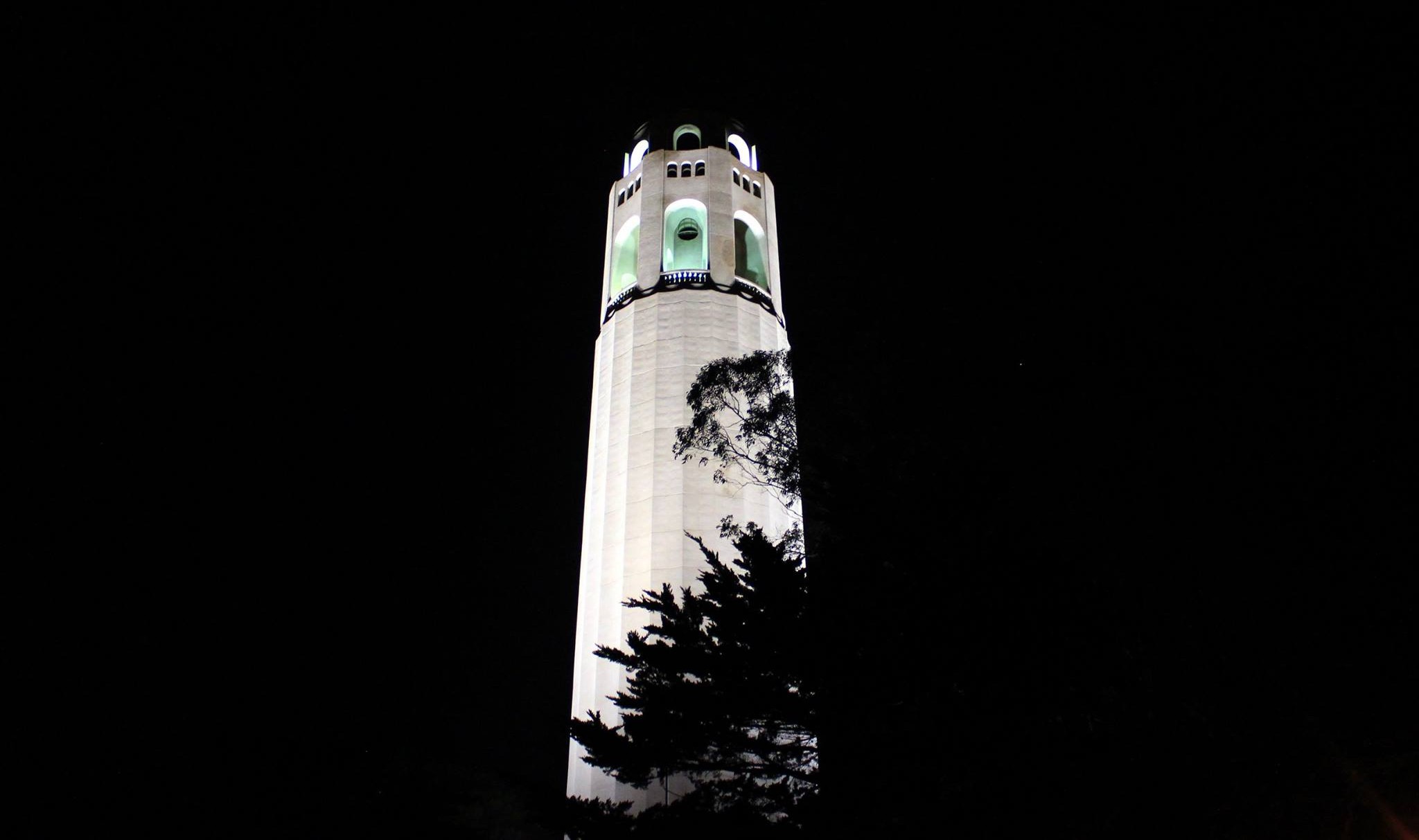-
Blurred Life
“This planet definitely wants to kill us. I am sympathetic, but not supportive.”
– Jackie Kashian in her special, Stay-KashianThe South Africa and India Test series has just kicked off in Kolkata, and boy is it hazy. I am guessing they have not yet developed AI tools to clean up the frames of live sport in real time, to sharpen the blurred edges that even high-definition cameras cannot smooth (and to trick us further into rejecting our everyday reality). Aside from the dulled color of life itself, the ever-present smog is a blunt reminder of our disregard for the seriousness of ongoing climate catastrophe.
If you have never been to India, you may not know how unbelievably polluted its urban areas are. The majority of pictures that I have from my visits there, just like any remaining memories of my childhood, seem as though they have been put through an unflattering filter. Much of the nation is permanently caked in unsafe levels of particulate matter, ensuring that nearly half a billion people living across its metropolises predispose themselves to debilitating health conditions.
Vehicle emissions, industrial pollution, dust from desertified and arid landscapes, crop burning and traditional fuel use (burning of wood, coal and dung) in rural communities all lead to air that is unbreathable. Unacceptable yet accepted. Moreover, exacerbated by the priorities of those with money and power.
The World Health Organization’s “safe limit” of PM2.5 levels is 15 µg/m³ (micrograms per cubic meter). Here is how the organization describes PM2.5 impacts:
“Fine particulate matter (PM2.5) can penetrate through the lungs and further enter the body through the blood stream, affecting all major organs.
Exposure to PM2.5 can cause diseases both to our cardiovascular and respiratory system, provoking, for example stroke, lung cancer and chronic obstructive pulmonary disease (COPD).
New research has also shown an association between prenatal exposure to high levels of air pollution and developmental delay at age three, as well as psychological and behavioural problems later on, including symptoms of attention deficit hyperactivity disorder (ADHD), anxiety and depression.”
In addition to the above, we know how smog contributes to cognitive difficulties and decline, whether exposure is limited or persistent. The largest Indian cities are regularly at 100 µg/m³ or above for most of the year. The government even has its own ways of distorting the severity of the problem through national regulations that avoid reporting pollution readings above arbitrarily introduced caps.
This air—my past—is our future. No one on this globe can escape the propagation of haze. Smoke hardly respects national borders. And no matter how fluid, adaptive or dynamic our atmospheric habitat is, it cannot escape universal constraints. The more carbon compounds we dig up from our planet’s crust and the more greenhouse gases we expand into our shared, limited air, the shorter our runway is as a viable species.
-
Commutements
 On the way to the 410 stop in Richmond, B.C.
On the way to the 410 stop in Richmond, B.C.A bevy of caffeine-fueled commuters await on the Canada Line SkyTrain at 8am on a weekday.
A construction worker wearing a Rolex, shooting the shit in Spanish with his laborer buddy. Some suits huddled in the corner with their sleek briefcases and Bluetooth earbuds blinking blue, a pulse signaling ambition. A parent herding their small family—a child clinging to an arm and another in a stroller. The pram parked beside their seat because a couple of cyclists in full gear have already claimed the designated corner. Students of all ages with their stickered backpacks and tucked textbooks, entering and exiting at each stop like a thermodynamic system seeking equilibrium. A lady draped in wealth carrying her pet poodle, perhaps plotting its escape, in a designer purse. And today, as is sometimes the case, there is even a domineering individual opining loudly about irreligiousness and hedonism in the world; claiming a state of social collapse and political turmoil ungraspable outside of the confines of their mind. Luckily, they are mostly talking to themselves. Masks abound, veneers both cosmetic and cultural.
Everyone who is not talking has their heads down, scrolling through the feeds on their phone. An ephemeral portrait of modern routines squeezed into a gliding carriage. Rounding out the vignette of transience defined by collective movement on wheels, framed by rectangles and lit by the crisp-white LED glow.
Artist: Random Coalescence. Canvas: Necessitated Vocation.
Dreary-eyed and carted around like cargo. Depending on your view, indicative of the zombification of societal behavior or a representation of our collective hustle.
-
In the Midst of It
From the September newsletter:
The blog has been a bit slim over the past month and that is likely to continue in October. Sides of annoyance have been served up with regular travel, resulting in large amounts of time spent on trivial errands or administration. (The administration of life, that is; readers of The Utopia of Rules will understand.)
Fall also means conference season. As a public sector worker and resident of a conference town, that has entailed lots of engagements.
And on our little corner of the North: Prince George has had a rough time of it in September. It has lost two structures – a popular downtown brewery and hangout hotspot, plus a recycling depot at the edge of city center. While the full nature behind both events continues to be under investigation, some of the populace here has been quick to judgment. Emotions are volatile and reactions easy to heighten in the age of social media, at least that is this humble observer’s view from the outside.
-
The Willy-nilly Era of Digital Trust
In Spring last year, my previous employer fell victim to a cyberattack. As staff, we were notified shortly after, with communication that some of our personal information may have been compromised. The organization set up a dedicated public page to answer frequently asked questions and provide updates on its response. (A similar internal page was also set up.) The standard corporate messaging did little to allay fears and was never transparent about the method of attack used.
(My gut instinct says it was probably a successful phishing attempt—a legitimate-looking email with malicious links or attachments with some language urging action within an immediate time period—but that is pure speculation. The larger the organization, the more diverse its workforce and their familiarity with the quick-evolving digital landscape, the more access points available to hackers.)
Aside from the familiar messaging, the employer contracted both national credit reporting agencies and provided those likely affected with two years of credit monitoring services, including fraud insurance. Unfortunate too, by the way, that Canada only has two agencies of this type, both American-owned, and both with utterly mediocre online tools (honestly, Equifax does not even use multi-factor authentication and neither Equifax nor TransUnion allow credit-freezing in Canada outside of Quebec; what a joke).
I bring this up now because in the past few weeks, I have received a similar notification from a national air carrier, also subject to a cyberattack earlier this year. The key messages are nearly identical to those shared by my previous employer, which is not unexpected. The company has also engaged the same credit reporting agency for protection services, and also for the standard two-year span. At this rate, I will have my information imperiled on an annual basis and have access to complementary credit monitoring for life. An unequivocally sarcastic “Hurray!” to that.
-
And/or
Note: In Difference is on hiatus during August, and no newsletter will be sent next month. Updates will resume in September.

“There is more than one sort of prison, captain. I sense you carry yours wherever you go.”
– Chirrut Imwe, as written by Chris Weitz and Tony Gilroy, in Rogue One: A Star Wars Story
(Spoilers on all things Star Wars related ahead.)
In “Narkina 5”, Episode 8 of Season 1 of Andor, Cassian arrives at an isolated prison surrounded by a lake, on a moon in the Outer Rim. He is greeted by boilersuit-clad guards, one of whom delivers a cold orientation to the facility. The guards, we hear, do not rely primarily on their weapons to keep order. Instead, they lean on routine and “minimally invasive enforcement techniques”, which include an environment capable of sending painful shockwaves through unshielded bodies. Self-policing and self-preservation are entrusted to be key motivators. The prisoners are told to use their time “productively” to avoid harsh punishment.
Cassian is then uniformed and taken to his “level”, a floor of the floating forced labor camp, and mini-factory where a cohort of prisoners is fighting against the clock to complete their tasks. He is given another shot of key messaging by the ‘floor manager’, Kino Loy, a prisoner closing in on his sentence’s conclusion. Institutionalized and assertive, Kino has been installed in the upper echelon of slave ranks, responsible for ensuring those under his purview stick to the script:
Kino: “Listen up. It’s a twelve-hour shift. Productivity is encouraged; evaluation is constant.”
“The seven tallies are the running shift totals of all the other rooms on this floor. You play against all the other tables in this room. I play against all the other rooms.”
Cassian: “Play?”
Kino: “Call it what you will – the point of this conversation is that you understand one thing most clearly. I have two hundred and forty-nine days left of my sentence. I have a free hand in how I run this room. I’m used to seeing my room in the top three on the level. You will want to keep that happening. I’m sensing you understand me.
Sick? Injured? Come and talk to me. Problems with another inmate? I will know before you do. Losing hope? Your mind? Keep it to yourself.”
Cassian is directed to his assigned table and meets the small group of prisoners who have to facilitate his assimilation into the Narkina 5 system. What follows is my favorite scene in the entire series.
-
Stop Committing Crimes
The humanitarian crisis in Gaza is one of many that represent the height of our absurdity as a species. We are waking up daily to news of starving civilians, mostly children, being used as political pawns between world leaders with colonial ambitions beholden to extremist groups, who are trying to cling onto power amidst countless domestic scandals. World leaders not held to account by state or corporate media, or by the discordant noise of the online rage-farming social media machines rife with propaganda. Leaders and their crony elite enriched and emboldened by crises of their own creation.
In their care, populations overwhelmed by debt, labor and information overload, attempting to get a grip on their role in global affairs.
Israel/Palestine is the most visible modern example, but hardly the only one. Of the dozen or so genocides underway globally, this one captures the world’s attention precisely because there is an almost universal consensus on the appropriate way forward that is not being implemented. Unfortunately, the states that have refused to action this consensus dating back to 1967’s Six-Day War and its aftermath, primarily the U.S., U.K. and Israel, have instead chosen to enable decades-long suffering and torture. Which entirely tracks with the rest of their historical record, but grinds the gears of anyone charged with listening to their empty words as they continue to feed their supercharged war profiteering industries.
Their allies are not blameless, but complacent. Canada among them. Statements condemning atrocities abroad have no meaning when no substantive action follows for decades. While the world has talked around the problem, the Western-facilitated and -catalyzed rot at the heart of the Middle East has created deeply radicalized societies that will continue to foment conflict for generations.
But there is a route towards healing that the West can take. The same one people have been protesting for repeatedly. Rarely entertained (with exceptions), given the governments of the West largely answer to oligarchs and lobbyists, rather than their citizenry, unless the public sustains a disruptive presence in the streets en masse.
-
The Price of Connection (repost)
This post was originally published on January 31, 2024, prior to the publicizing of this site and the newsletter e-blasts. I have recently, begrudgingly, reactivated an old social media account in the hopes of reconnecting with some long-lost acquaintances. That experiment will end soon, for many of the reasons articulated below. I am resharing these thoughts now as they are front of mind. Take them with a grain of salt, from someone who has essentially lost all close friendships in part out of a stubborn refusal to engage with the un-engageable. For those interested in more overviews of online systems from Jaron Lanier, see here, here, here and here.

Sometime in the mid-2010s, there was a chorus of researchers who began to seriously consider the long-term effects of modern, digital social media on our personalities. At this point everyone with a mic, pen, and laptop had already waxed lyrical about the positive and negative impacts of online networks invading every corner of our daily lives. The foundation of the dual life – of your actual person and your profiles on digital platforms – had long been consolidated. Facebook was the dominant player (and remains for now as the most utilized site for connecting), essentially ubiquitous among younger demographics who had grown up with technology at their fingertips. Even youth who were living in poverty could afford simple flip phones where they could access the basic Facebook mobile interface and messaging services – something I witnessed working with children in rural Uganda back in 2013.
These researchers may have been motivated by the unexpected and anecdotal rise in social isolation, especially among youth (early adopters and heavy users of large social media sites). MySpace had been an experimental precursor where the potentially harmful effects of social media may not have made themselves apparent. The rise of Facebook, a digital party for all your acquaintances, with a constantly updating feed, and Reddit, which allowed a window into the general zeitgeist and its flowering subcultures, led to increased critical scrutiny of the underlying infrastructure that was fast forming our new social connective tissue.
Facebook, Twitter, Reddit, Youtube, Whatsapp and over in China, WeChat and QQ, were also fast becoming relevant in the workplace. Links to each began to be embedded not just on webpages designed for entertainment and fun, but also for professional use. There are still vast swathes of industry in East Asia where an email or mobile text may not be exchanged during an entire workday; instead, interactions on a single platform like WeChat may be all that is needed to accomplish daily tasks.
These researchers did surveys, looked at all publicly available data, and spoke to industry experts, users, promotors, and critics of social media platforms. They quoted twentieth century intellectuals such as B.F. Skinner, Bertrand Russell, Alan Turing, and Norbert Wiener in their search for an answer to the question: should we be worried?
-
“What do you do, exactly?”
It is a question that came up during a social outing last month. The inquirer was not curious about job titles, but skills. The specific competencies that I employ during work that are considered valuable by my employer. A question not too easy to answer and one I rarely reflect on, because I, like so many others, am consigned to work in order to be granted basic rights like food, shelter, and opportunities of self-expression.
While I have always tried to contribute to society in alignment with my values, interests, and in service to betterment for all, labor options are perennially limited. Having the privilege of a solid support network and financial security have also allowed me to pursue higher education or take breaks from employment without dire consequences – again, a dignity in life not yet available to all.
I returned to the question again recently. We live in a largely service economy, one rife with bullshit jobs where a large amount of “value” is tied to moving capital up and unsustainable growth to no end. When the economy “improves”, it disproportionately benefits those who already have capital, power, and the means to manipulate the system to their liking. You can probably tell I am not a big fan of how things are currently structured. I am unconvinced that we are meeting our fundamental commitment to future generations in all respects. But I also reject much of the talk of the alienation between the worker and the product; human societies and economies are complex beasts and we owe it to the collective to seek self-edification on how small, perhaps abstract acts, can build a better future for all. We need people who provide physical labor, but we also need systems thinkers. The alchemy required in each era shifts, largely guided by the alchemy of the economic order itself.
The difficulty comes within the degrees of good faith in which the efforts are undertaken.
-
Wisps of Water

I was stopped at a gas station a couple weeks ago and noticed that rain had begun falling towards the west. It is not every day you get dark collapsing clouds contrasted with a whiter backdrop this clearly, so I took a quick click.
In case you have not heard, Canada is on fire (again and on schedule). The prairie provinces are bone dry and alight. Every bit of rain during the warmer months melts the heightening anxiety among the collective.
Here in B.C., the fire season never truly stopped. The blazes in the far northeast of the province have been burning since last year, as an example. But things will slowly get worse. Every time I do a pre-summer drive from Prince George to Vancouver, as I did in mid-May, I gain an understanding of how bad the wildfire summer is likely to be. Those of us who have even a modicum of experience repeatedly surveying the land during critical periods can get a good sense of conditions.
The equation is simple – the greener, the better. We know it will get hot, we know our effect on the environment, and we know that aside from random dry lightning, people will continue to make stupid mistakes. I have rarely driven past an entirely yellowed or golden-browned B.C. Interior landscape and not seen it become a tinderbox. It does not mean mass evacuations or grand impacts to civilization are guaranteed, but it does not bode well. This year, things are looking bad. Not 2023 bad, which was the worst fire season on record, but bad enough. I foresee opening up CBC News in a couple months and having déjà vu, except I will be reading headlines pertaining to our backyard rather than Alberta, Saskatchewan or Manitoba.
-
Searching for Beacons
 Coit Tower, Telegraph Hill, San Francisco
Coit Tower, Telegraph Hill, San FranciscoWhat a ten days it has been.
Grand milestones celebrated. Childhood friends revisited. Animated rallies attended. Unfortunate losses counted. All amidst an uncomfortably stratified yet contiguous set of urban existences. More grating to this observer each passing day. A source of growing defeatism rather than drive, though the latter’s leading quota is irreplaceable.
Port City hardly ever disappoints. That post, by the way, is not only my brief ode to Vancouver, but a reflection of its place in my life. A larger metaphor for a transitory phase of existence, one that continues to extend beyond expected timelines. I mean, I have been in Prince George for nearly four years. I should have made a home of this place. And yet… the apartment continues to resemble a waystation. It was about this time last year when I was musing about transience and its associated luggage. Funny how the seasonal patterns ripple in time.
It is a question still on my mind: Quelle heure est-il au Paradis?
Today’s photo is of a tower many of you may be familiar with, its cold white concrete illuminated at night. A landmark – an imposition of beauty – on a similar metropolis not so far away.
Perhaps this picture came to mind because this traveler’s thoughts are on beacons, or lack thereof. The course-correcting kind that arrive in the form of people, decisions, and moral will that seem to always be scarce. We are all living in Omelas and happy to champion its cruel vision.